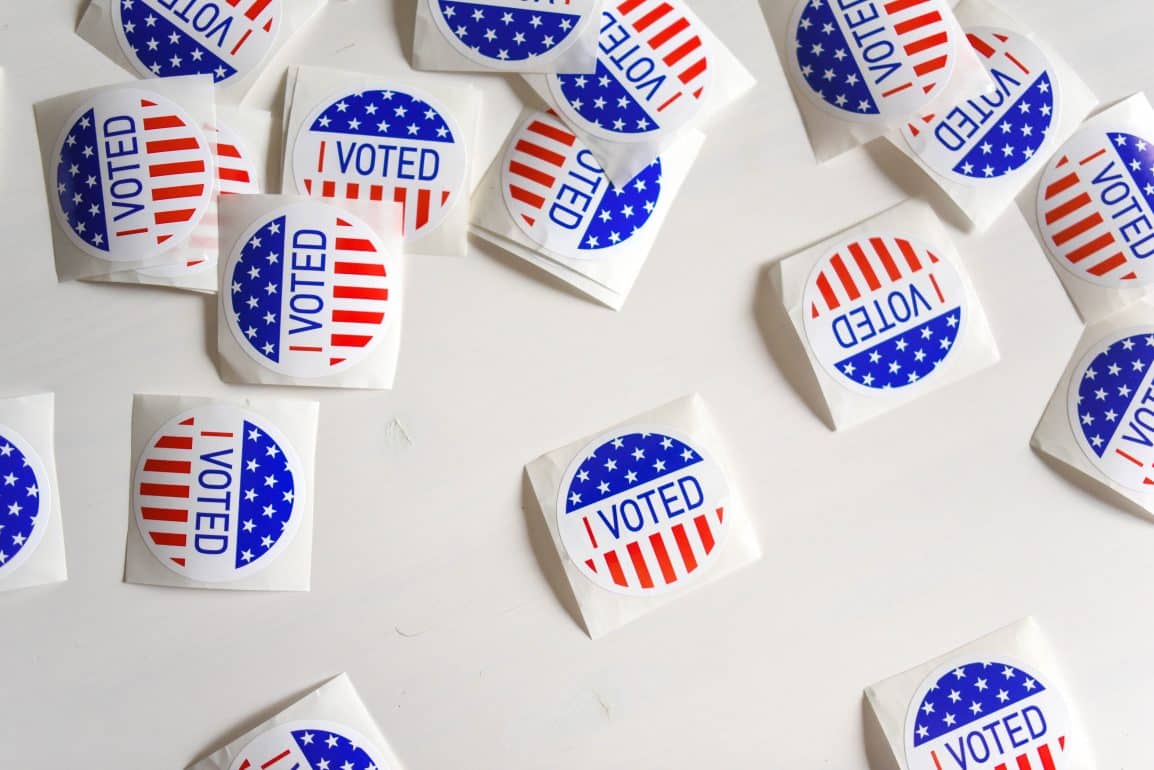Voting History
Since the ratification of the Constitution in 1781, voting and elections have changed over time. Voting rights and representation in office have been scarce for women, people of color, and the LGBTQIAP+ community. For minority groups like these, it can be hard to have your voice heard.
The 15th Amendment has changed to include the rights of more than just straight white men. These men have never had to fight for representation in their own country, so it was important that minority groups got the representation they needed. As time went on, minority groups are more open to elections and voting than they had been before.
Representation in Congress
In 2020, at least five LGBTQ+ politicians were elected to office. Of these five, two were Black and three were women. Sarah McBride was the first transgender state senator of Delaware. This made her the highest-ranking state legislator in the country. Ritchie Torres was one of the first Black gay men in Congress, and also the first gay Afro-Latino in Congress. Now, he is one of the first Black gay men to be in the House of Representatives. It’s sad and shocking that these firsts have not come earlier in history.
On November 3rd, the number of Native American women in Congress reached a new record. The three women who broke this record are Deb Haaland, Sharice Davids, and Yvette Herrell. Haalan and Herrell are both part of the House of Representatives, and both of them represent New Mexico. They are the first state to have two Native American women as Congress delegates. Eighteen Native American women were running for spots in Congress in 2020, which is 2.6% of all women that ran that year. This was the highest percentage since 2004 and though this is still a small number, it is definitely progress.
African-American Voting
The 15th Amendment was passed in 1869 so that African-American men had the right to vote. Specifically, it says that the right to vote will not be affected by race or color. Some states still had measures to prevent them from voting, and it was only after years that these barriers were overcome. Hiram Rhodes Revels became the first African-American in Congress in late 1870. However, at the same time, Southern states revoked the 14th and 15th Amendments, which took away some rights of African-Americans. The government overcame this with the Voting Rights Act of 1965 so, African-Americans finally got voting rights.
Women in Congress
In January 2021, there was a very diverse set of Congress lawmakers. Two congresswomen were Native American, two were Muslim, and two were Black. Arizona and Tennessee had their first female senators, as well. There is finally more representation in Congress than there has been before. It is a good sign of representation for future elections. Also, if certain people are unsuccessful in running for office, others will be inspired to run. The world is looking towards a Congress with plenty of representation.
The Constitution was ratified in 1787. Voting and elections have come a long way since then. These changes are particularly important within Black, female, and LGBTQIAP+ communities. Many firsts were made recently, including the first gay Black men in Congress and the first female senators for several states. The 15th Amendment was ratified so that African-Americans could have voting rights. When it backfired, the Voting Rights Act showed a solution. The American government has had a lot more representation in voting and elections.
Click here to see why we push so hard to fight for equality! Your vote matters!

